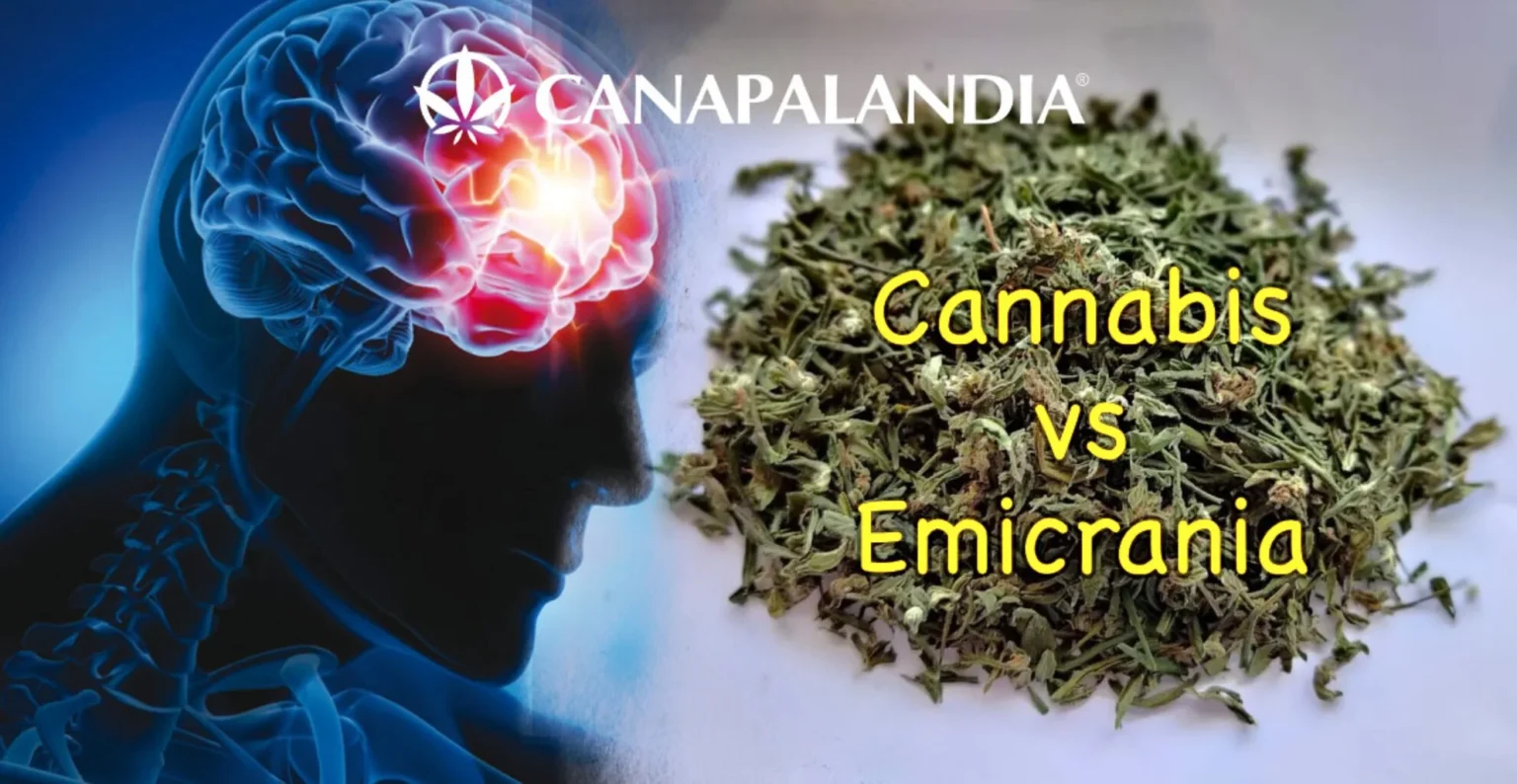Therapeutic Cannabis for Migraines: First Clinical Trial in the US to Evaluate Efficacy
For the first time, researchers at the University of California, San Diego, have launched a clinical trial involving the use of therapeutic cannabis to treat migraines. This groundbreaking study will involve patients treated with the two main active compounds in cannabis, THC and CBD, while others will receive a placebo. The aim is to determine whether these compounds can effectively alleviate the debilitating symptoms of migraines and provide a safe alternative to traditional treatments.
What is a Migraine?
Migraines are characterized by severe headaches that can last from several hours to several days, often accompanied by nausea, vomiting, and sensitivity to light and sound. It’s a highly debilitating condition that can severely impact the quality of life of those affected. Approximately one billion people worldwide suffer from this condition, making it one of the leading causes of disability globally.
Why Might Cannabis Be Effective?
Recent studies suggest that cannabis may have a positive effect on various forms of chronic pain, including migraine-related headaches. It’s believed that cannabinoids like THC and CBD interact with the body’s endocannabinoid system, which regulates various physiological functions, including pain. A preliminary study conducted in 2020 revealed that 86% of migraine patients treated with cannabis reported a reduction in the frequency and intensity of attacks.
The research team in San Diego hopes that this new clinical trial will confirm these early findings, demonstrating that therapeutic cannabis can be a viable alternative to traditional medications. Conventional therapies are often ineffective for many patients and can come with unwanted side effects.
How Will the Clinical Trial Be Conducted?
The trial, which is currently recruiting, will involve around 90 adult patients between the ages of 21 and 65, divided into four groups. One group will receive a placebo, while the other three groups will receive combinations of THC, CBD, or both compounds in varying doses. The treatment will be administered via inhalation through a vaporizer, allowing for rapid absorption of the active ingredients.
Researchers will assess the therapy’s effects over a 30-day period, during which patients will report the frequency, duration, and intensity of migraine attacks, as well as any side effects. This double-blind approach will allow for precise evaluation of the therapeutic cannabis’s effectiveness compared to a placebo.
Expectations and Challenges of the Study
Neurologist Nathaniel Schuster, the lead investigator of the study, stated that many migraine patients have already begun using cannabis to relieve their symptoms, but there is not yet enough data to support its effectiveness. “Many patients ask us if cannabis works for migraines, but so far, we haven’t had enough scientific evidence to answer that question. We hope this study will provide the answers we are looking for,” said Schuster.
If the study yields positive results, it could pave the way for new migraine treatments based on therapeutic cannabis. However, much remains to be understood about exactly how cannabinoids affect headaches and what the optimal dosage is to achieve therapeutic benefits without undesirable side effects.
The Future of Therapeutic Cannabis
This study marks an important step in recognizing therapeutic cannabis as a valid treatment for various conditions. In recent years, medical cannabis has gained ground in many countries, with a growing number of states legalizing its use for therapeutic purposes.
While cannabis is not yet an officially recognized cure for migraines, this study could be a turning point. If proven effective, cannabis-based treatments could offer new hope to millions of people worldwide who suffer from this debilitating condition and do not find relief with traditional therapies.
Pubblicità
🧠 Prova il Ribaltatore
Ribalta questa frase proibizionista con l'AI e scopri l'ironia dietro lo slogan.
Ribalta "Therapeutic Cannabis for Migra..."🔍 Frasi Correlate
Cerca altre frasi e contenuti su questo tema nel nostro archivio.
Cerca "Cannabis news"Supporta Canapalandia
Se questo contenuto ti è stato utile, puoi sostenerci: ci aiuta a mantenere il progetto indipendente e aggiornato.






